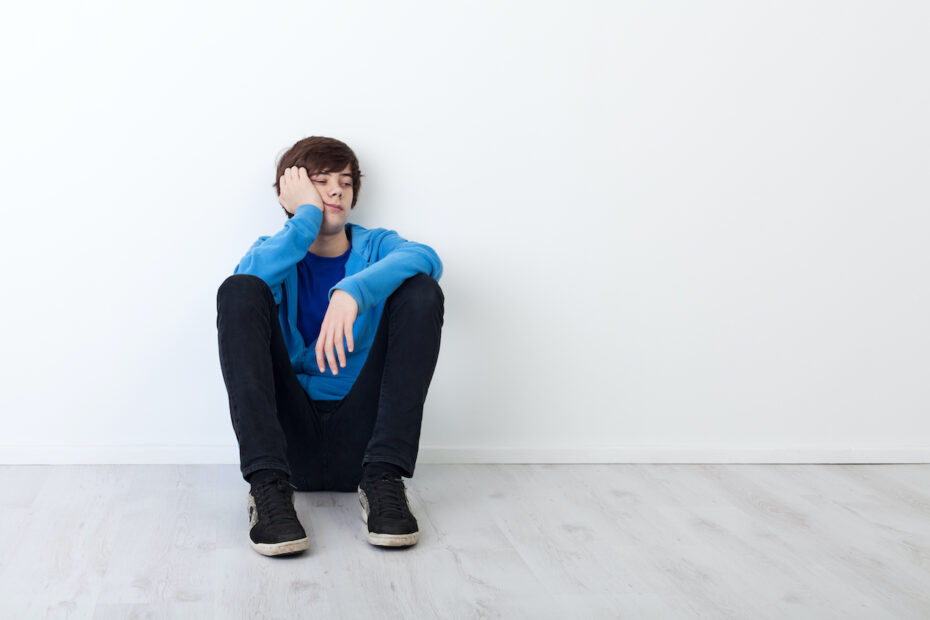Listen to the 7-minute podcast version
Watch a 1-minute introductory video
Do you remember what summer was like when you were a kid?
The thrill of the long-awaited last day of school. Giddy anticipation of endless afternoons doing whatever you want, or nothing at all. The promise of exciting adventures around the corner.
All upside, and no downside. Or so it seemed at the time.
When Did Summer Change?
When I was a kid, summer was total downtime, and it seemed to work out okay. We didn’t always engage in perfectly wholesome activities, but we found stuff to do and didn’t get in much trouble.
Looking back, it seems there were less risks to worry about in those days. Negative activities that could lead to trouble were not as prevalent, or accessible, or dangerous.
These days, summer seems different for kids—and parents. Because these are different times.
Young people today face more temptations and risks than we did. Negative influences are the everyday norm of their television experience such that we hardly notice them anymore. Parents are oblivious of what their kids view on the internet. Social pressure and temptations are as close as the cell phone in their pocket, and drugs are readily available from kids they know at school.
In the summer, downtime offers more freedom and choices. And young people often make choices based on what their friends are doing, how they can have fun, and what’s easily available. That may be television, social media, and the internet. Or the cool new drugs their friends are trying.
The Downside of Downtime
In today’s society, downtime is seen as a much-desired goal. And it’s true that getting enough sleep is important, and relaxation can be healthy. Even having free time for fun activities is worthwhile.
But people weren’t designed to do nothing too long. In fact, there can be downside to downtime.
- The sad can become despondent, because an inability to be active is a core of depression.
- Those with anxiety may worry more with time to dwell on their failures—real and perceived.
- The lonely become more isolated unless they have something that keeps them connected.
- Bad habits turn to numbing obsessions with television, the internet, or other distractions.
These types of issues can lead to deeper concerns. Because anyone stricken by those or related problems may sometimes reach the conclusion that substances can make them feel better.
A balanced life with time to relax is fine. But we must be aware of the downside of downtime.

Countering the Downside of Downtime
Before we talk more about our kids, it’s important that we take a look at ourselves.
Because parents encounter downtime as well. Such as when our kids go to school, as they leave for college, after a divorce, when we lose a job, and after retirement. Too often, the downside of those times is that we lapse into depression or turn to alcohol or drugs to feel better for a while.
We need to remember that being the best person we can be helps us be the best parent we can be.
But what should parents do with their kids as summer approaches? Doing nothing is a choice, but normally not a good one. Instead, parents should be proactive, and they need to build a plan.
A proactive summer plan involves keeping kids occupied with positive activities a good bit of the time. Certainly, that can limit the downside of downtime. But, ideally, parents can use the summer not only to keep their kids out of trouble, but to prepare them for life. Parents should strive to:
Maintain balance in their kids’ lifestyle
- Personally: In at least one area, encourage them to develop knowledge and experience that will lead them to competence and confidence.
- Emotionally: Help them develop a comfortable sense of self from being engaged in positive activities they like to do.
- Spiritually: Be their mentor and example and utilize whatever works for them such as family prayer, talks, age-appropriate books, a church youth group, or simply enjoying God in nature.
Remain aware of what they are doing
- Set summer expectations and boundaries early and remain consistent, even if they whine.
- Be aware of what they are doing, which is harder if you work. If you feel it’s needed, consider using car GPS trackers, laptop software, checking in periodically, or whatever works.
Help them stay connected to others
- Work with them to be intentional about initiating and investing in good relationships.
- Plan events for them to be around friends and others who are a positive influence.
Educate them to manage their time well
- Set boundaries on and monitor their use of digital devices and television.
- Each day, ensure a good bit of their time is scheduled with positive activities.
Encourage them to do something with purpose
- Help them get a job or assign them regular chores to earn money.
- Have them do something with meaning, like helping their grandparents or volunteering.
Our goals as parents are not relentless activity or meaningless busy-ness. Instead, we want to help our kids stay engaged in positive activities that will prepare them for life.
By limiting the downside of downtime, we can protect our kids and help them lead a happier life.
But what should parents do for themselves when they are beginning to encounter the ill effects of their own downtime? In many ways, the same thing! Which begins with taking the first step.
Question: Who do you know who is facing negative effects from too much downtime?
Action: Add one positive activity to your own daily schedule and see if you feel better.
Share this article on:
